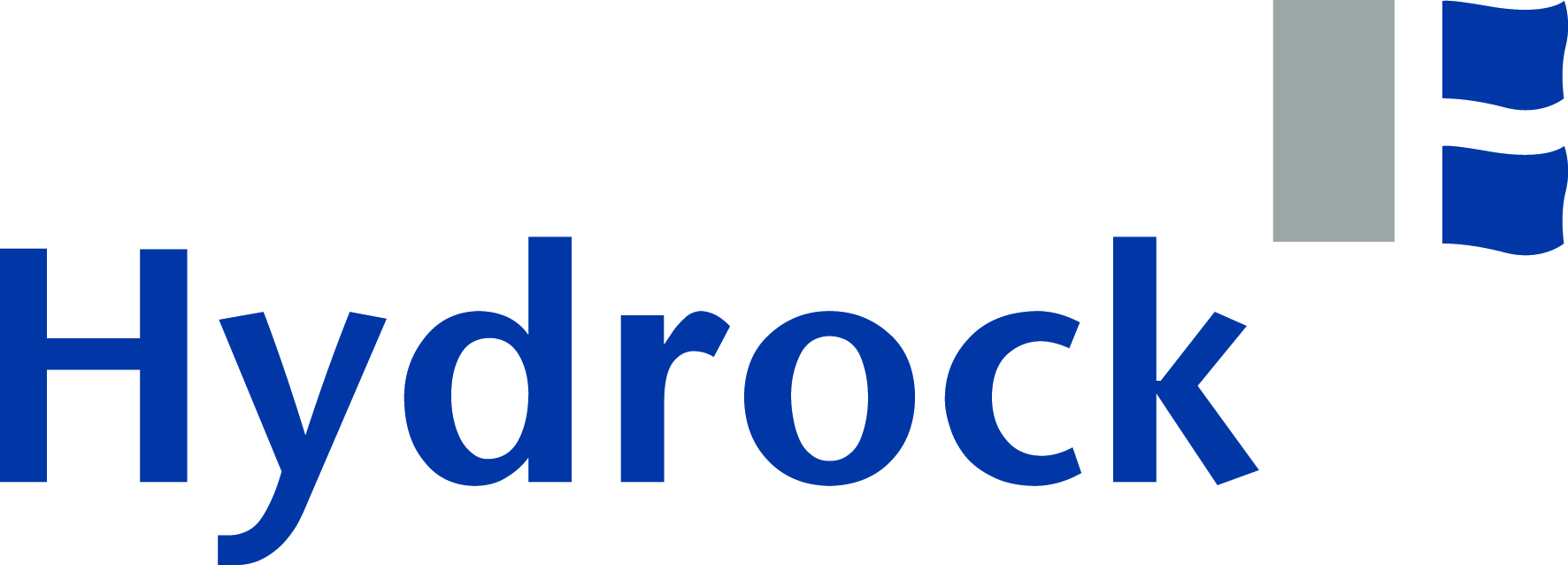Oxfordshire's Xerion Healthcare awarded Innovate UK SMART Grant

Xerion Healthcare, a University of Oxford spin-out working on an innovative treatment for brain tumours, has been awarded an Innovate UK SMART Grant alongside Medicines Discovery Catapult (MDC).
Currently, a person diagnosed with a brain tumour will undergo surgery to remove as much of it as possible, followed by radiotherapy and chemotherapy. Unfortunately, tumours will often return after removal, regularly with rapid regrowth.
However, the extensive medical intervention needed (usually in the form of radiotherapy, which improves treatment outcomes but has a detrimental effect on healthy tissue) when this happens does not often translate into a significant increase in survival rate yet negatively impacts the patient’s quality of life.
Oxfordshire SME Xerion has developed a nanoparticle solution which increases the effectiveness of radiotherapy, but without damage to health tissue around the tumour.
Using the grant from Innovate UK, Xerion will work alongside MDC, which has developed a clinically relevant model of a tumour which the radiotherapy-enhancing nanoparticles will be released into. The two companies will then track tumour regrowth both with and without the particles to determine efficacy.
This will be carried out using MDC's pre-clinical radiotherapy platform and advanced imaging capability.
The data generated in these tests will then form the basis of a submission to the Medicines and Healthcare Products Regulatory Agency (MHRA), moving Xerion’s novel approach closer to clinical trials and, subsequently, patients.
Read more - The Native Antigen Company expands its range of Omicron antigens
Dr Gareth Wakefield, Chief Technology Officer at Xerion Healthcare, said: “High-grade brain tumours are an extremely challenging disease type with little improvement in outcomes over the last forty years.
“New treatment options are urgently needed to reduce the almost inevitable regrowth of these tumours following resection. To develop these treatments, advanced models and imaging are required.
“By partnering with the experts at MDC, Xerion will be able to apply its nanoparticle radiotherapy enhancing technology to a realistic model of this disease, bringing novel treatments closer to the clinic.”
Dr Martin Main, Chief Scientist at Medicines Discovery Catapult, said: "At MDC, we are driven by reshaping drug discovery for the benefit of patients, and this project is the epitome of that.
“Tragically, brain tumours kill more people under 40 than any other type of cancer, so there is an urgent need for new therapeutic approaches to treat this disease.
“Combining Xerion's radiotherapy expertise with MDC's advanced imaging capability will allow us to address a critical unmet need for treating aggressive brain tumours and move one step closer to improving the quality of life for many patients."
Read more - Oxford contributes to new UK research consortium to tackle monkeypox












